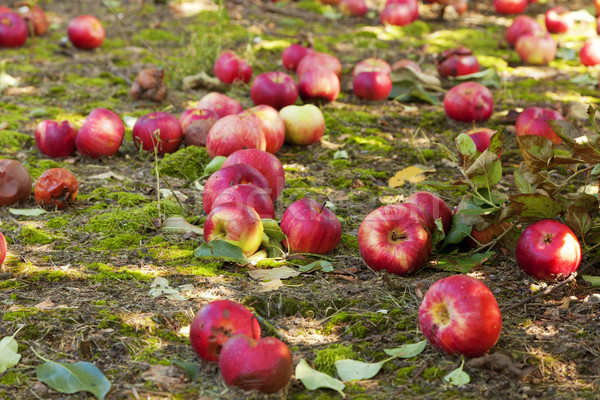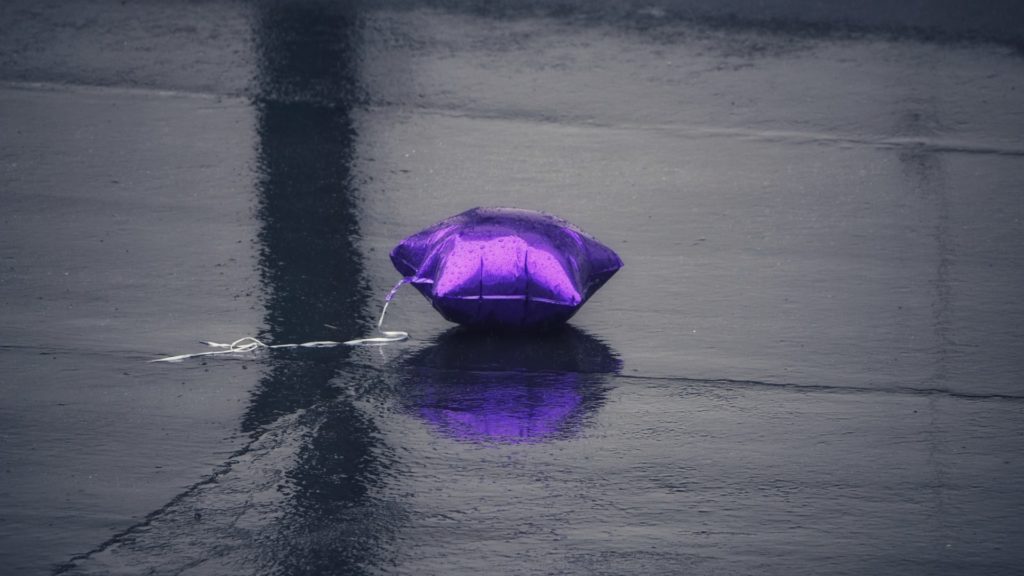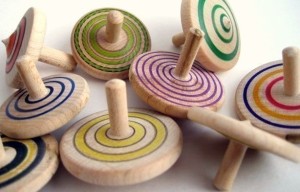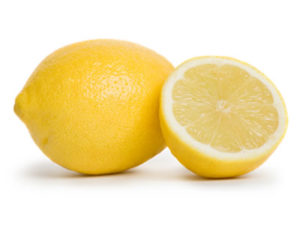
This afternoon I went into the backyard and noticed a patch where everything has shriveled and the ground is cracked and bare, and although it’s been hotter every year, it seems like it happened overnight. The garden is dying.
I blame Steve Jobs.
I’ve been blaming Steve Jobs for a whole mess of stuff for a long time now, for the conversations that stopped, the music that ended, the books that disappeared, the kids that went absent, the friends that drifted off and the way the world seems to have shriveled into a hot, lifeless, angry place of crazy strangers. Oh, I know it wasn’t him. It’s a cynical joke. But it was him, and the legion led by him. I saw it happen. I saw it happen with me and I saw it happen with nearly everyone else. And now there is hell to pay.
He was a god to many. But he was never my guru. I never entered that temple, not all the way. The theatrics looked cool, but they disturbed me. There was awesome power and beauty in his works, but I never trusted myself to handle that kind of artillery. It went too fast and too far. I didn’t need it. I didn’t want it. I am too cheap. I bought a laptop. It works fine. It sits on this desk. Every time I use it I have to stop, be still, and do only one thing. I do not carry it in my hands or put it in my purse, pocket or car. It is not a companion. It is not the world. It is a very small and distorted picture of the world.
I have to wake myself up every minute of every day to realize the difference.
I am probably the only person you know without a smartphone. Please don’t text me.
It seems to me that we have completely confused the world with a picture of the world. We are so adept at manipulating the false picture — with just one thumb — that we have forgotten how to occupy the real world. How to live responsibly and with accountability. How to be decent and how to be kind. How to use our hands and feet and heart. We are so fascinated with artificial intelligence that we have negated our own. We do stupid things. We say stupid things. We shout at each other in tiny digital boxes. We overuse exclamation points.
When we do things directly in the world, instead of through technology, when we speak aloud to one another, meet face-to-face and side-by-side, it is altogether a different experience. It is intimate and alive. Magic, really. You can’t program it. Totally original, one-of-a-kind, without a trademark.
Innovation produces some really neat things, but it can’t be your religion. It won’t soothe or satisfy. It destroys what is to make room for what’s next. To be sure, it’s a naturally occurring cycle, January to December, but it can be sped up to the point of wanton waste and disposability. Suppose every time you were hungry you took only one bite and then tossed the apple. (It got a little brown around the teeth marks.) The earth would be nothing but a landfill of fallen fruit, and we’d all be hungry ghosts, waiting in line all night to grab the next nibble that will once again fail to satisfy.
I know Steve Jobs isn’t to blame. But I blame Steve Jobs.
This is a lousy load to lay at the tomb of a giant and a genius. Although he was arrogant and egotistical, by all accounts Mr. Jobs made amends to estranged friends, family and rivals and was at peace before the end. It’s a given. Everyone reaches the end of ideas when they arrive at the ultimate disruption. I’m going to have to give him a break for everything that troubles me and take responsibility for what’s right here now.
I’m going to have to keep this place alive.
So I’m heading out to walk this world of mine and see what needs doing. To notice the dry spots. Fix what’s broken. Lend a hand. Spare a little more time, a little more water, and a lot more love. I know this in my bones because I preach it, and I preach it because I need it: What you pay attention to thrives, and what you do not pay attention to withers and dies.
What will you pay attention to today?






 When my daughter was little, she would squat for hours every afternoon on a pile of sand in the front yard. I planted little plastic animals underneath, and she’d dig them up with a shovel, handing them over to me with a satisfied grunt. She quarried the same zebra, the same tiger, the same frog, hippo, and horse out of that pile every day. While she wasn’t looking, I’d hide the toys under again. She’d keep at it, tireless. We sat there for what seemed like forever, unearthing purpose from the sodden heap of our new life together. She couldn’t know how much she was teaching me then, in her wordless way, about being satisfied with the same old thing, squashing my every day’s plan to get somewhere else.
When my daughter was little, she would squat for hours every afternoon on a pile of sand in the front yard. I planted little plastic animals underneath, and she’d dig them up with a shovel, handing them over to me with a satisfied grunt. She quarried the same zebra, the same tiger, the same frog, hippo, and horse out of that pile every day. While she wasn’t looking, I’d hide the toys under again. She’d keep at it, tireless. We sat there for what seemed like forever, unearthing purpose from the sodden heap of our new life together. She couldn’t know how much she was teaching me then, in her wordless way, about being satisfied with the same old thing, squashing my every day’s plan to get somewhere else. Not long ago I heard from someone who thanked me for giving her permission to struggle with her depression. Oh yes, I assured her, by all means, struggle! Depression is the sane response to the insanity of our lives. Depression is the struggle to be sane! We’re not fools if we struggle with depression. We’re fools if we don’t. It’s crucial that we seek, so we can finally exhaust ourselves, turn around, and find what we already possess.
Not long ago I heard from someone who thanked me for giving her permission to struggle with her depression. Oh yes, I assured her, by all means, struggle! Depression is the sane response to the insanity of our lives. Depression is the struggle to be sane! We’re not fools if we struggle with depression. We’re fools if we don’t. It’s crucial that we seek, so we can finally exhaust ourselves, turn around, and find what we already possess. You’ll get breakfast in bed. A flower on your tray. Dinner out. A card, a call. Maybe one less upset. If not, an apology. And if you’re truly blessed, you’ll get some time to yourself, when you can consider everything you won’t get, and what no one else can give you for Mother’s Day:
You’ll get breakfast in bed. A flower on your tray. Dinner out. A card, a call. Maybe one less upset. If not, an apology. And if you’re truly blessed, you’ll get some time to yourself, when you can consider everything you won’t get, and what no one else can give you for Mother’s Day: When I was at
When I was at 




